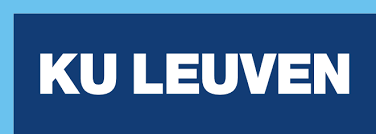Speakers
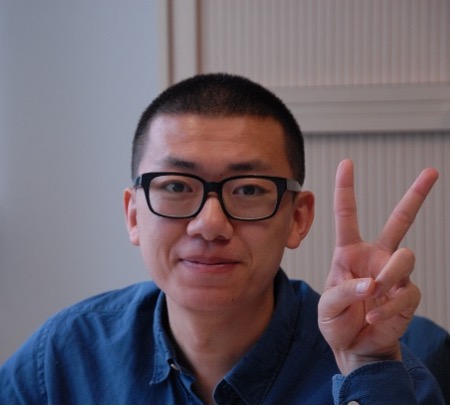 | Zishu Liu
Zishu Liu is a PostDoc fellow works in the College of Environmental and Resource Sciences at Zhejiang University. He graduated from the Universität Leipzig and spent seven years of his studies in the AG Flow Cytometry supervised by Prof. Dr. Susann Müller at the Helmholtz Centre for Environmental Research-UFZ. He has contributed on the developing of microbial flow cytometric tools box by integrating community ecological analysis (i.e. stability, diversity, assembly) in the context of flow cytometric data analysis. Uncovering the mechanisms of ecological behaviour of microbial individuals and populations through the coupling of multi-omics techniques, and their application in solving practical environmental problems, are his main interests. Currently, he is exploring the application of ecological theory in curbing the spread of antibiotic resistance through the management of microbial communities. |
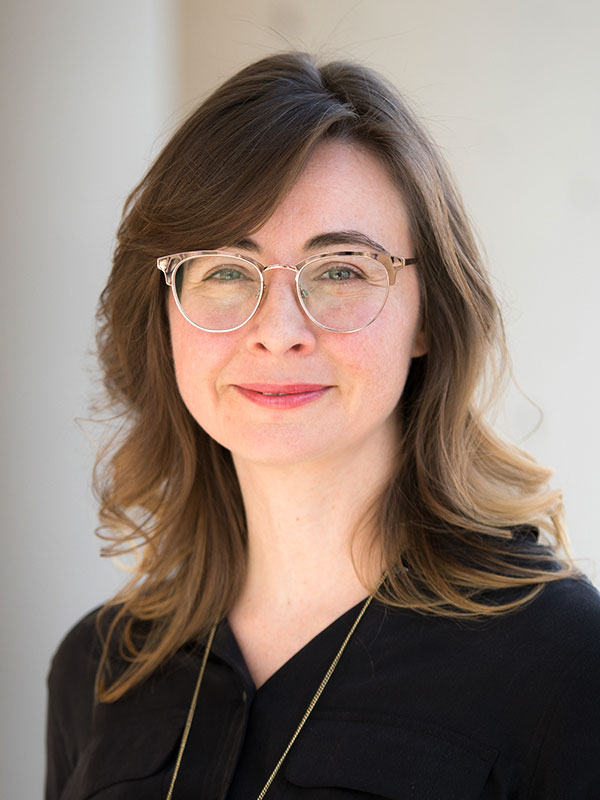 | Libusha Kelly
Libusha Kelly is a microbial ecologist investigating how microbial communities contribute to human health and global ocean processes. Her work has discovered new, widespread, viruses of bacteria ('phages') in the oceans and characterized the role of microbes in drug metabolism in the human body. She is an associate professor of Systems and Computational Biology and Microbiology and Immunology at Albert Einstein College of Medicine in the Bronx, NY, USA. Dr. Kelly completed a B.A. in Human Biology at Stanford University, a Ph. D. in computational biology at UCSF with Andrej Sali, and postdoctoral work with Sallie W. Chisholm at MIT. She is a member of the inaugural 2021 class of Google Cloud Research Innovators and a 2021-2022 Harvard Radcliffe Institute Fellow. Her work has been funded by the NIH, NSF, and Department of Defense. |
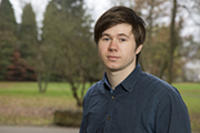 | Malte Herold
Malte Herold works as a bioinformatician in the Systems and Bioprocessing Engineering unit at the Luxembourg Institute of Science and Technology. He graduated from the University of Hamburg and the University of Luxembourg, concluding his PhD in 2018 in the group of Paul Wilmes at the Luxembourg Centre of Systems Biomedicine. He focuses on the characterization of microbial communities by integrating meta-omic datasets particularly in the context of biotechnological processes. His main research interest are genomic reconstruction, functional characterization, and in-silico metabolic modelling of microbial organisms. Currently, his work is centered around microbial ecology in anaerobic digesters and soil, as well as strain-resolved pathogen detection with metagenomics data. |
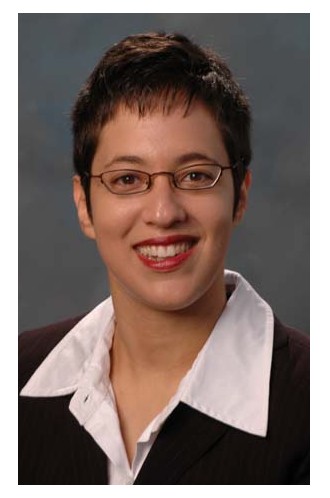 | Gail Rosen
Gail Rosen received a B.S., M.S., and Ph.D. from the Georgia Institute of Technology. She is a recipient of an NSF CAREER award, a Drexel Faculty Career Development award, and Drexel Provost's Fellowship. She serves on the editorial board of the Association for Microbiology's mSystems and BMC Microbiome journals. She heads the Ecological and Evolutionary Signal-processing and Informatics (EESI) lab, organizes the Center for Biological Discovery from Big Data, is a founding member of the University Research Computing Facility at Drexel, and held a 2021 virtual Biological Data Science summer workshop. In 2015-2016, she spent a year as a visiting scholar at Weill Cornell Medicine, improving taxonomic classification and analyzing the ambulance microbiome. Her interests are in machine learning and evolution. |
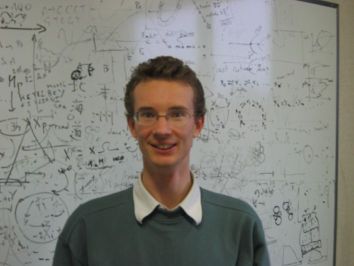 | Didier Gonze
Didier Gonze is a computer biologist from the Unit of Theoretical Chronobiology at Université Libre de Bruxelles. He is interested by non-linear dynamical systems, ranging from genetic networks to microbial population. He is developing and studying mathematical models for circadian clocks in mammals and plants, for the mammalian cell cycle, for cell fate determination during embryonic development in mouse, and for the dynamics of small and large microbial communities. A common goal of all these projects is to unravel links between network structure, dynamical properties (oscillations, multi-stability, etc), and their robustness towards noise and environmental factors. In the context of microbial ecosystems, a particular attention is given to the emergence of complex dynamics and of distinct community types. |
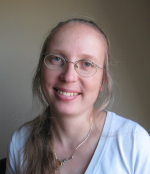 | Karoline Faust
Karoline Faust is a biologist turned bioinformatician who graduated at the Humboldt University in Berlin and earned her PhD at the Université Libre de Bruxelles under the supervision of Prof. van Helden. She worked as a postdoctoral researcher at KU Leuven and VIB in the group of Prof. Raes. She is currently an Assistant Professor, heading the group of Microbial Systems Biology at KU Leuven. Her main research interests include the construction of microbial networks, the analysis of microbial sequencing data and the investigation of microbial community dynamics in silico and in vitro. Karoline is the main developer of CoNet, a popular microbial network construction tool, and of seqtime, a microbial time series analysis R package. Her work is thus situated at the intersection of bioinformatics, systems biology and microbial ecology. |
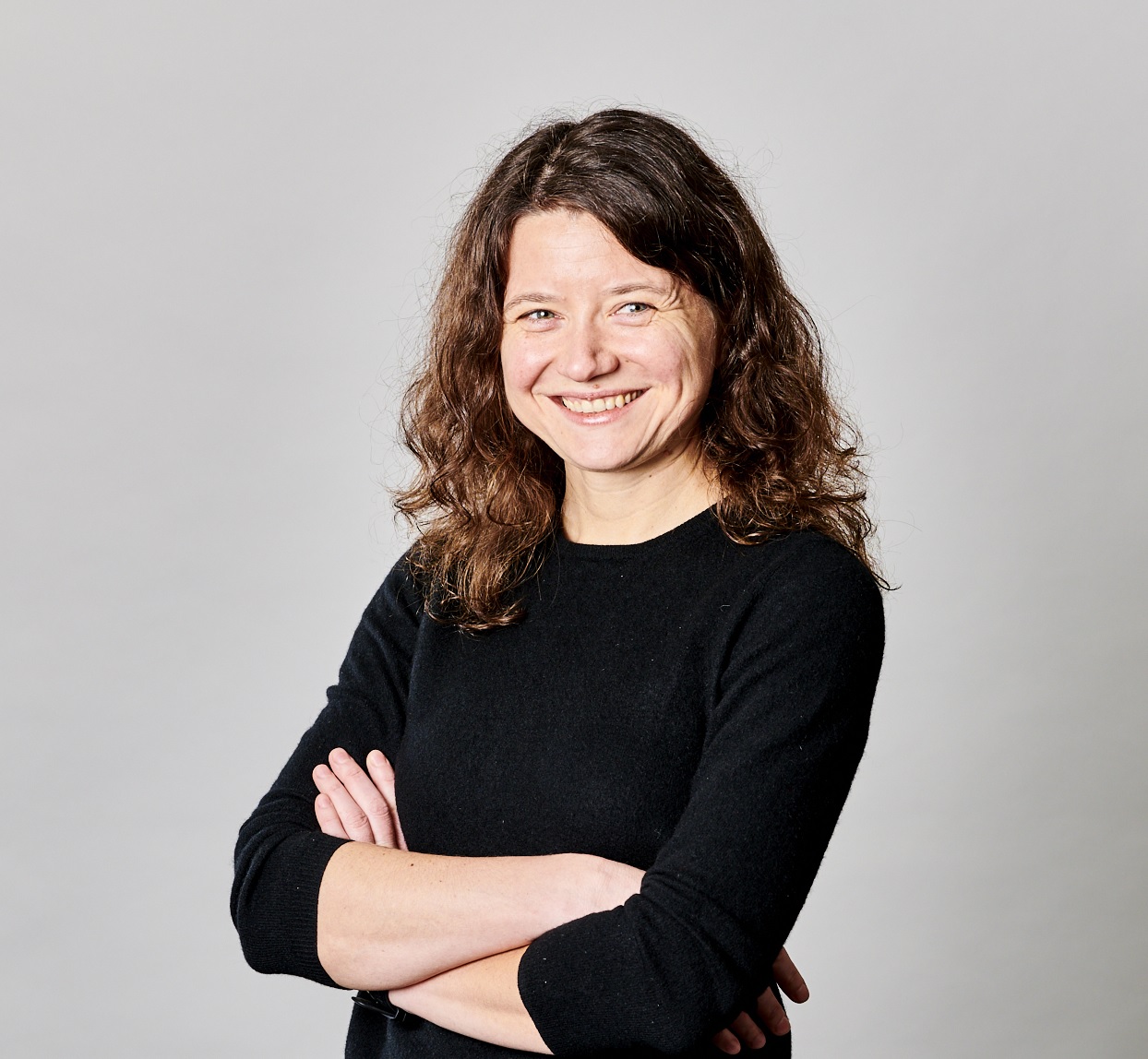 | Dana Ofiteru Dana is currently a senior lecturer at Newcastle University, where she joined in 2014. Her research lays at the intersection of (bio)chemical and environmental engineering. She is a classically trained chemical engineer (she holds a PhD in biochemical engineering from University Politehnica of Bucharest) and a modeller of biological systems with a track record of work modelling the engineered biological processes at the level of the metabolism, the individual and the ecosystem. |
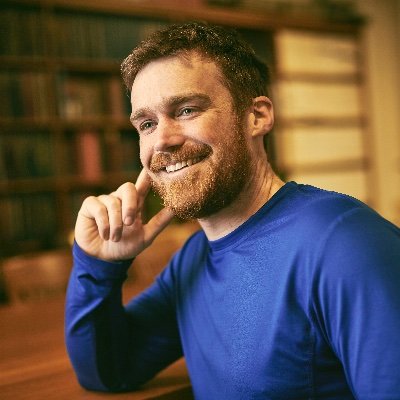 | Alex Washburne
|
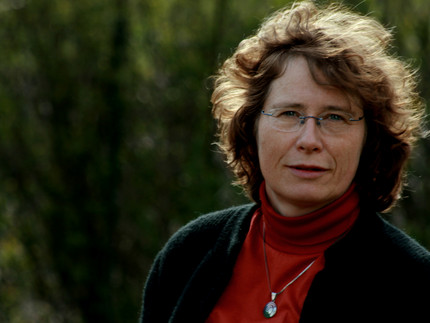 | Ursula Gaedke
Ursula Gaedke is the head of the Ecology/Ecosystem Modelling Department at the University of Potsdam. In her research, she investigates the quantitative dynamics of plankton communities and food webs, and the adaptive potential of ecological systems to adjust to altered conditions. She combines mathematical modelling, advanced time-series analysis of long-term field observations, and experiments with plankton to advance ecological theory and to understand direct and indirect consequences of biodiversity loss and climate change. |
 | Daniel Rios Garza
Daniel Garza is a computational biologist interested in understanding the eco-evolutionary forces that shape microbiomes at multiple levels. He works in developing computational frameworks to describe, predict, and reconstruct meaningful patterns of microbiomes. His frameworks integrate information from computational models, cross-omics datasets, and in vitro experimental systems. He earned his PhD at the Radboud University under the supervision of Dr. Bas Dutilh and is currently a postdoc in the Laboratory of Microbial Systems Biology under Prof. Karoline Faust at KU Leuven. |
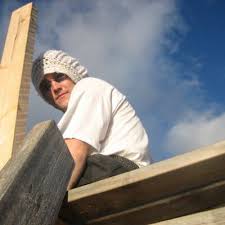 | Leo Lahti
Leo Lahti is Associate Professor in Data Science at the University of Turku, Finland. His research focuses on data-intensive applications in microbiome research. He obtained doctoral degree in bioinformatics in the Department of Computer Science, Aalto University, Finland in 2010, on probabilistic machine learning and its life science applications, followed by postdoctoral research periods in UK, The Netherlands and Belgium. |
 | Johannes Björk
Johannes Björk is a computational ecologist specialising in microbiome analysis through the lens of ecological theory. He received his PhD from the Polytechnic University of Barcelona under the supervision of theoretical ecologist José M. Montoya. In his thesis, Johannes studied the structure and dynamics of complex sponge-microbe interaction networks. Thereafter, he did a postdoc for Elizabeth Archie working on the gut microbiome of wild baboons. In this project, Johannes applied time-series models to better understand the relative contribution of the external environment, social interactions and host demographics in shaping the gut microbiome over time. Johannes is currently a Seerave postdoc working in the group of Rinse Weersma at the University Medical Center Groningen with the goal of building a comprehensive 'multi omics' understanding of the gut microbiome's role in immunotherapy to advanced melanoma. |
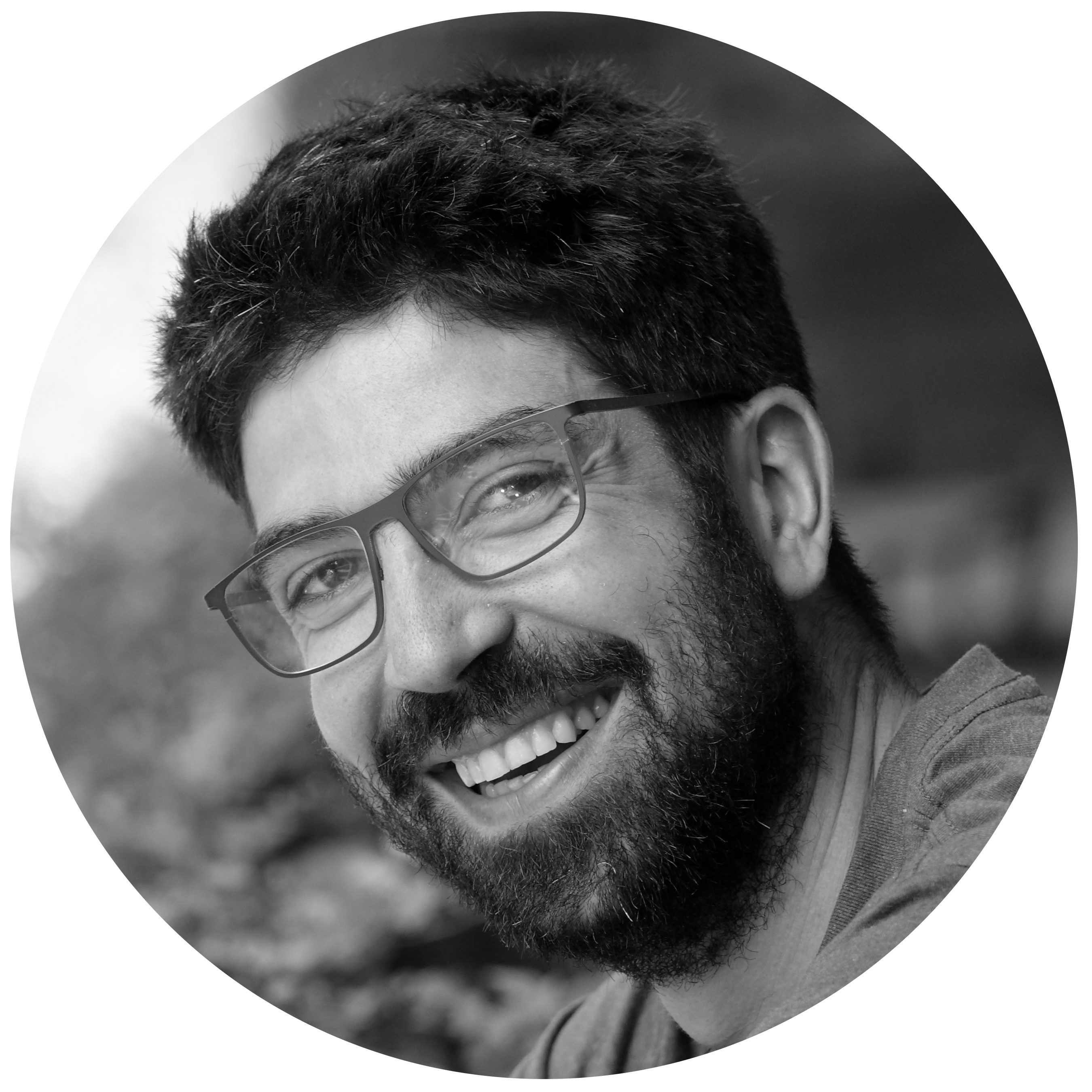 | Jacopo Grilli
Jacopo Grilli is an Associate Research Officer in the Quantitative Life Sciences section at the Abdus Salam International Centre for Theoretical Physics in Trieste, Italy. He received his PhD at the University of Padua under the supervision of Amos Maritan. Before moving to Trieste, he did a postdoc supervised by Stefano Allesina at the University of Chicago and was an Omidyar Postdoctoral Fellow and the Santa Fe Institute. Broadly speaking, Jacopo is interested in understanding complex phenomena starting from simple rules and minimal assumptions. Most of his research lies at the interface between physics and ecology, with a particular focus on coexistence, stability, and variability. |
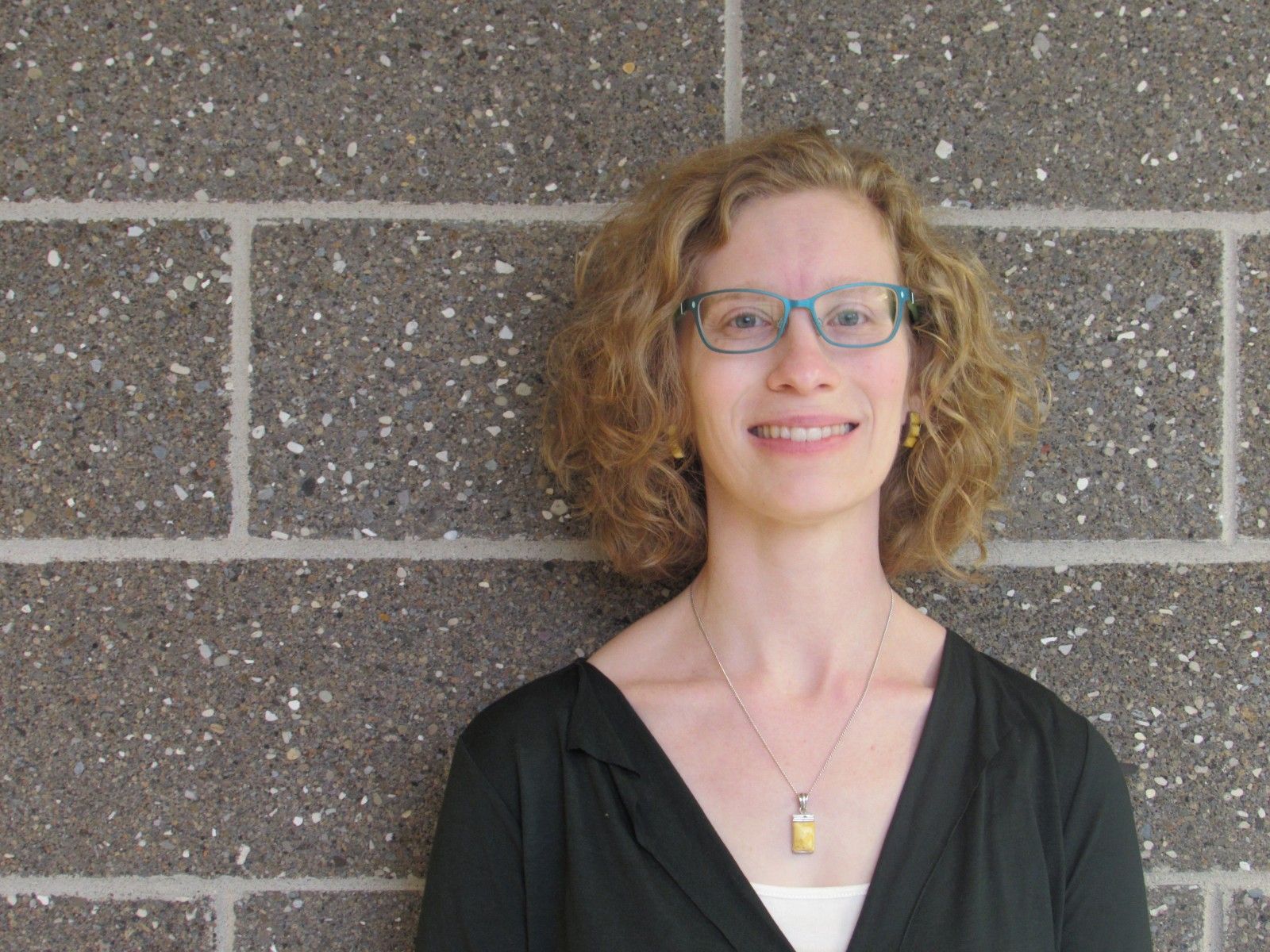 | Ashley Shade
Ashley received her bachelor’s degree in biology from Susquehanna University (Selinsgrove, PA),
her Ph.D. from the University of Wisconsin Microbiology Doctoral Training Program in 2010, and afterwards was
a Gordon and Betty Moore Foundation postdoctoral fellow of the Life Sciences Research Foundation at Yale University.
In 2014, she started her research group in the Department of Microbiology and Molecular Genetics at Michigan State University.
|
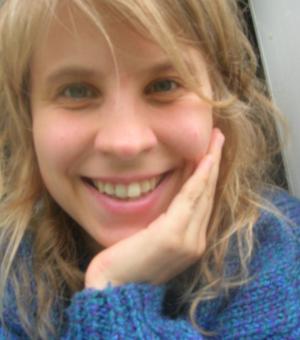 | Aura Raulo
Aura Raulo is a microbial ecologist working on transmission networks, metacommunity dynamics, and stability patterns of wild mammalian gut microbiome, based in Leo Lahti's data science research group in the University of Turku as well as Sarah Knowles' lab in the Zoology Department, University of Oxford. |
